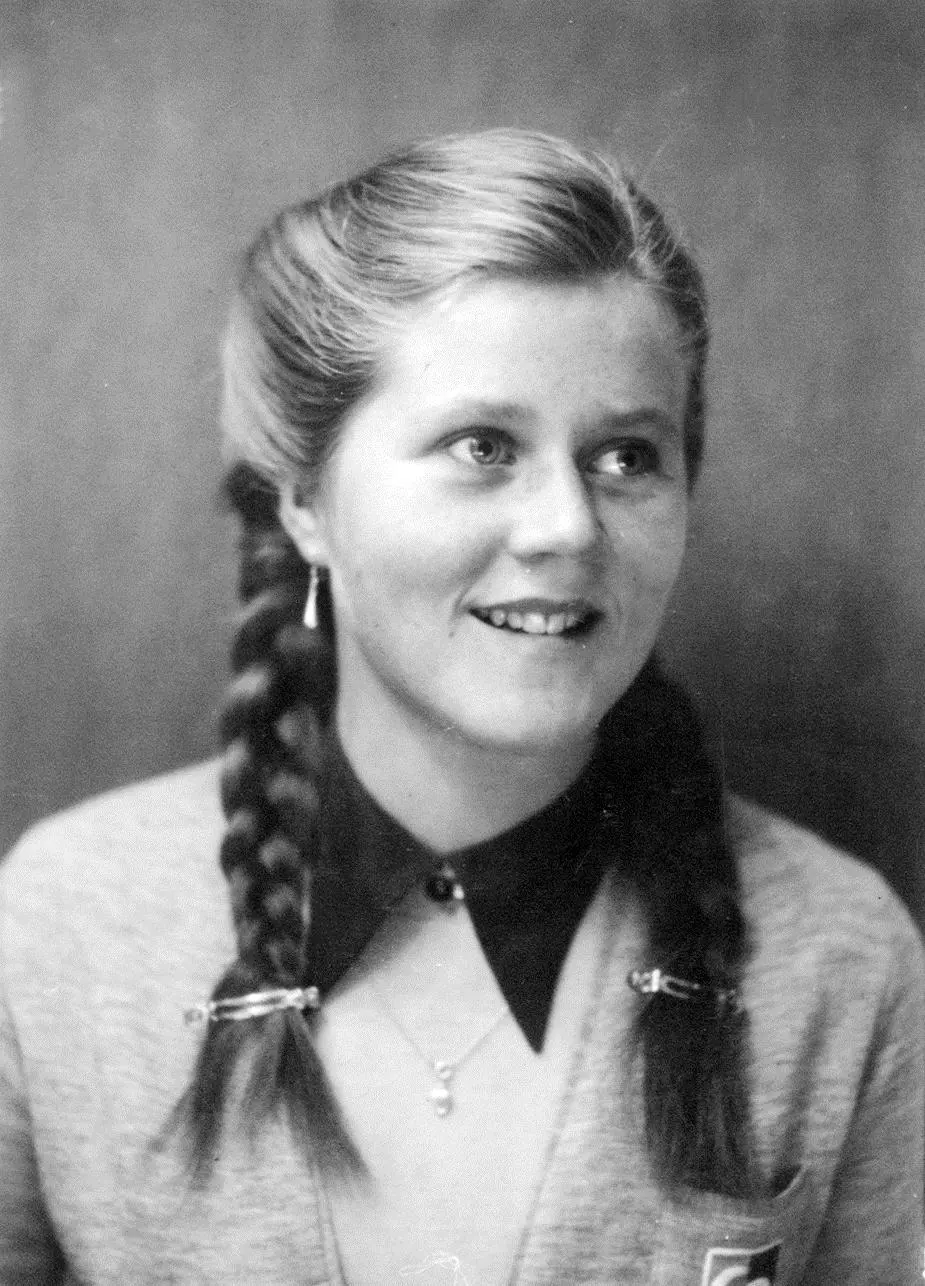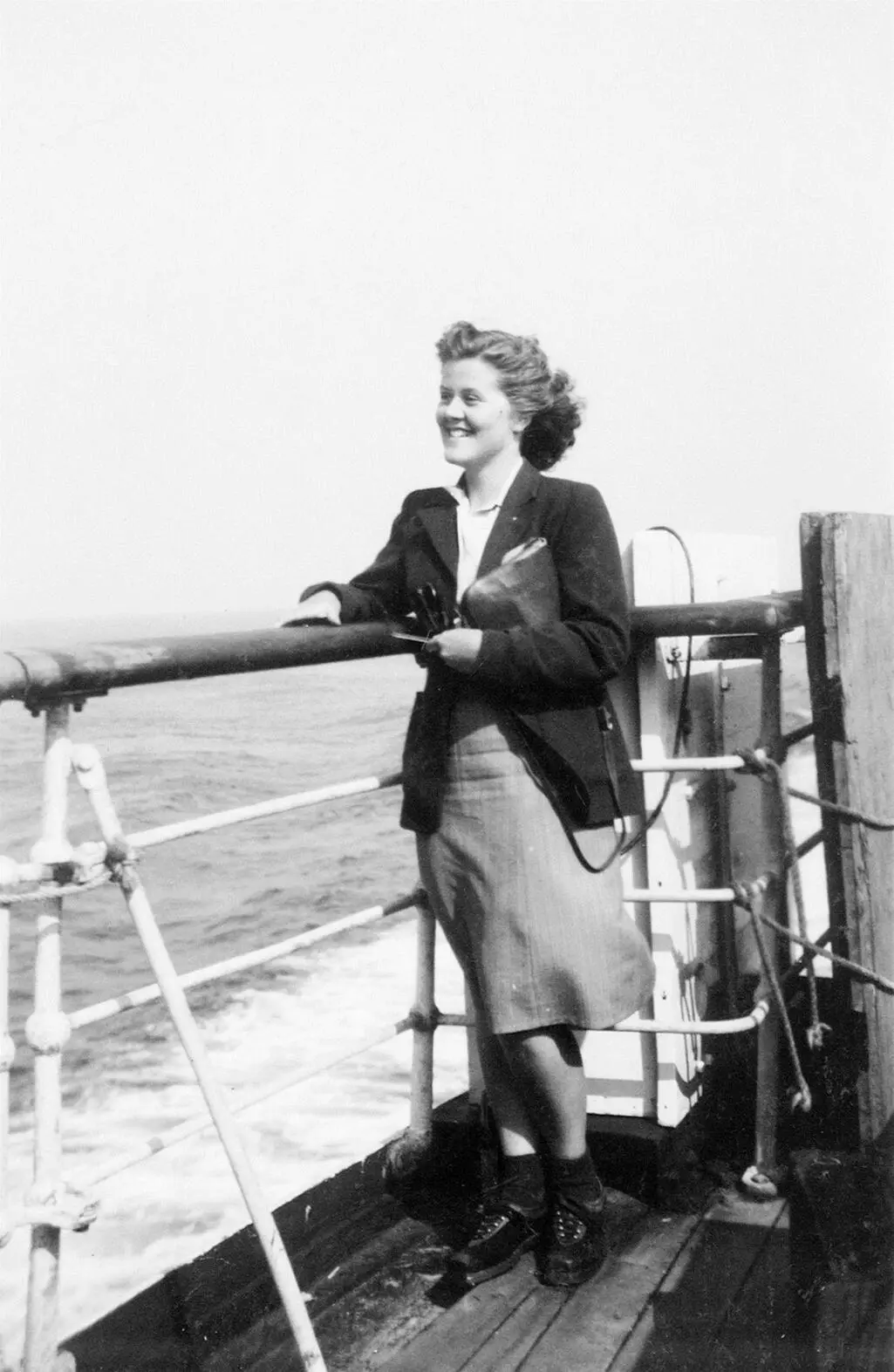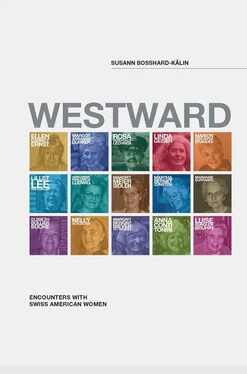Leo Schelbert - Westward
Здесь есть возможность читать онлайн «Leo Schelbert - Westward» — ознакомительный отрывок электронной книги совершенно бесплатно, а после прочтения отрывка купить полную версию. В некоторых случаях можно слушать аудио, скачать через торрент в формате fb2 и присутствует краткое содержание. Жанр: unrecognised, на английском языке. Описание произведения, (предисловие) а так же отзывы посетителей доступны на портале библиотеки ЛибКат.
- Название:Westward
- Автор:
- Жанр:
- Год:неизвестен
- ISBN:нет данных
- Рейтинг книги:3 / 5. Голосов: 1
-
Избранное:Добавить в избранное
- Отзывы:
-
Ваша оценка:
- 60
- 1
- 2
- 3
- 4
- 5
Westward: краткое содержание, описание и аннотация
Предлагаем к чтению аннотацию, описание, краткое содержание или предисловие (зависит от того, что написал сам автор книги «Westward»). Если вы не нашли необходимую информацию о книге — напишите в комментариях, мы постараемся отыскать её.
Westward — читать онлайн ознакомительный отрывок
Ниже представлен текст книги, разбитый по страницам. Система сохранения места последней прочитанной страницы, позволяет с удобством читать онлайн бесплатно книгу «Westward», без необходимости каждый раз заново искать на чём Вы остановились. Поставьте закладку, и сможете в любой момент перейти на страницу, на которой закончили чтение.
Интервал:
Закладка:
The family’s situation continued to grow worse. “My father had not only had enough of living in the Ticino, but also of living with his family. He left us and rented a room in Zurich Niederdorf. Mother suffered silently and without complaining. One day – I was eleven – she put me on a train to Zurich. I was to bring father back home. Traveling alone was not unusual for me. I was not afraid. And father simply belonged to us.” He met the courageous girl at Zurich’s main station, showed her the city, and she got to know the various taverns in the Niederdorf. Rosa was able to convince him to return to the family. “I don’t know how I succeeded; somehow he himself came to his senses.”
But Lugano was to bore him again soon. He wanted to return to Zurich. For Rosa this meant to leave all that she had come to love, to be uprooted again, to go to a new school, find new friends.
“Mother – good-natured as she was – cooperated in everything. She was quite Victorian and religious, was eager to establish a good family life and valued order and etiquette. Pleated skirt, pink blouse – I was always nicely dressed. Pants, certainly not! Mother had my little dresses as well as all her clothes custom-made by a dress-maker.”

“I was always nicely dressed. Pants, certainly not!” (1943)
Secondary school (grades 7 and 8) was easy for Rosa. As was the custom for a girl from a good family, Rosa then spent a year in a school for good housekeeping led by protestant deaconesses in Vevey. “These simple women did impress me. I admired them. They were quite strict, but fair, and they treated all of us in the same manner. I liked the fact that they did not just preach their strict rules, but practiced them in their own lives.”
Rosa had ambitious plans for herself. “I wanted to get somewhere in life.” In 1945 she entered the Handels-Töchterschule , a commercial school for female students, in Zurich. “English was my favorite subject, and I learned easily.”
In 1948 Rosa graduated first in her class with a diploma from the Handelsschule and obtained a well-paid job at the Swiss Bank Corporation. “The transition from school to the six-day workweek was difficult for me. Sitting quietly for an entire day at the desk in the office tired me out. I found it confining.” The restlessness of her youth became noticeable. Now it was Rosa who wanted to break away, away from Switzerland in order to conquer the world.
“London was my dream. At age 20 and thanks to my good knowledge of English I obtained a position in the British branch office of the Swiss Bank Corporation. I liked London a lot. Its international character and the business of a metropolis fascinated me.” For an admission fee of two shillings Rosa and her Swiss friend Gina once in a while went to one of the dance halls. “One night as I was ready to leave, a man invited me to dance – he was good-looking and charming.” It was love at first sight with Mehdi Tajbaksh, an Iranian student of agronomy. The two were soon inseparable. And when he flew home to see his family during the semester break, she followed him. “These were two romantic and adventurous weeks in a different world. Mehdi’s home was a large farm on a high plateau in the Iranian mountains.” Back in London she began to study Farsi, and the two decided to make their home in Switzerland. “In England I earned a mere pittance, and my friend wanted to continue his studies at the Agricultural School Strickhof in Zurich. We married in 1952 in Zurich. My father did not attend our small wedding. A foreigner as son-in-law and one from the Middle East at that – this was unprecedented and unacceptable to him.”

“London was my dream.” (around 1950)
This marriage had dire consequences for Rosa. “From one day to the next I had to relinquish my Swiss citizenship. Suddenly I was a foreigner in my own country and experienced discrimination. The Swiss Bank Corporation forced me to quit and to work as a temp. For them I had become a risk, an element of uncertainty. I might have gotten pregnant!” The marriage lasted only three years. “He wanted to return to Iran; for me that was out of the question. I sensed that he was not reliable. Still, I do not regret having experienced this love.” In a matter-of-fact tone she says, “the divorce did cost 250 Swiss francs, a third of my monthly paycheck. I have never heard from him again.” In the same year Rosa’s father died. “I missed him very much, and realized that like a rock, he had always been in my life.” She moved back to her mother and took stock of her life. “With regard to love I had not been very successful, but I had a loving mother with whom I got along well and I had a job. Was this sufficient for the rest of my life? Actually, I had had enough of Switzerland. My negative experiences as a foreigner in my own country left a deep impression on me. I was naturalized again when the law changed, but my disappointment remained – until today.”
Rosa wanted to discover something new: Why not America? “At that time the immigration laws were not as strict as later. Due to the system of quotas I could apply for a Green Card.”
“Are you ready?” the official in the American Consulate asked. The Consulate’s answer to her application for immigration had come surprisingly fast. Too fast! She hadn’t expected an answer so soon. “No, I said at first, I can’t leave within two months. Mother was desperately unhappy. ‘Mommy, I will just go for four months’, I comforted her. And I really meant it.” Then everything went very quickly. Rosa gave notice, filled two suitcases with clothes, shoes and a few books and on November 12, 1959, flew to New York via Lisbon. In her purse she had 2,000 dollars, her Green Card and the address of a hotel in Manhattan. She thought, “I will use up my money and then we’ll see.”
New York – breathtaking and exciting. Rosa knew nothing and no one. But she was determined and without fear. “A hotel room on Times Square had been reserved. I didn’t know that Times Square at that time was so infamous. I didn’t like it there, and after a few days I moved into a boarding house owned by a man from Austria. But he had his eye on me and continued to bother me so that I had to move, this time to another place on West 72 ndStreet. The room with a heater and a small kitchen felt like a small piece of home.”
Rosa Lechner then ran out of money. “I could return home, ask for money from home, or start working.” She did the latter and due to her Green Card obtained a position as secretary for a man who sold second-hand office machines. “The office was located on Broadway and 19 thStreet. My boss exploited me, the naïve young girl from Switzerland. For lunch he gave me barely twenty minutes. I was thrifty and bought a hamburger for 50 cents and a coffee for 10 cents in a coffee shop. The shop belonged to two Polish men who had escaped from a concentration camp; they still had their numbers burnt into their arms. I think they felt sorry for me and sometimes gave me a piece of meat for my evening meal.”
When Rosa returned to her office after lunch, her typewriter was often already resold. “I lodged a complaint with the senior boss because he was always late with paying my weekly wages. He got mad and shouted ‘you don’t have to come to this country to teach us law!’“
Rosa didn’t last long there although she was making 90 dollars a week. But she stayed long enough to receive a pair of snow boots from her boss at Christmas. “I needed them urgently in order to survive the first snowstorm in New York.”
Читать дальшеИнтервал:
Закладка:
Похожие книги на «Westward»
Представляем Вашему вниманию похожие книги на «Westward» списком для выбора. Мы отобрали схожую по названию и смыслу литературу в надежде предоставить читателям больше вариантов отыскать новые, интересные, ещё непрочитанные произведения.
Обсуждение, отзывы о книге «Westward» и просто собственные мнения читателей. Оставьте ваши комментарии, напишите, что Вы думаете о произведении, его смысле или главных героях. Укажите что конкретно понравилось, а что нет, и почему Вы так считаете.












